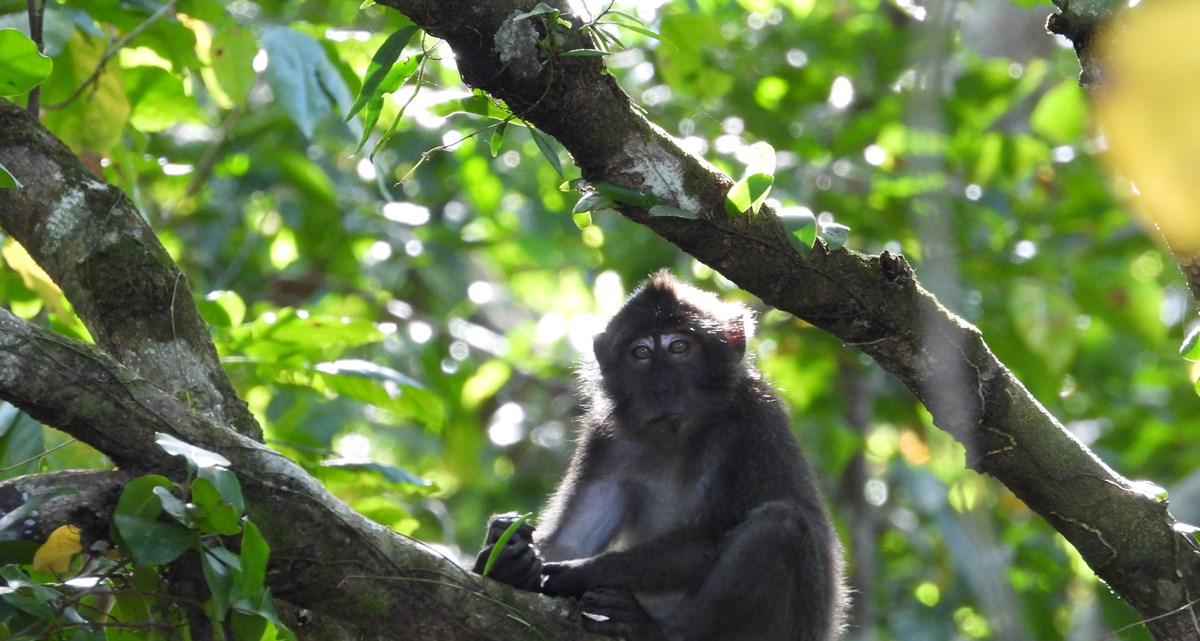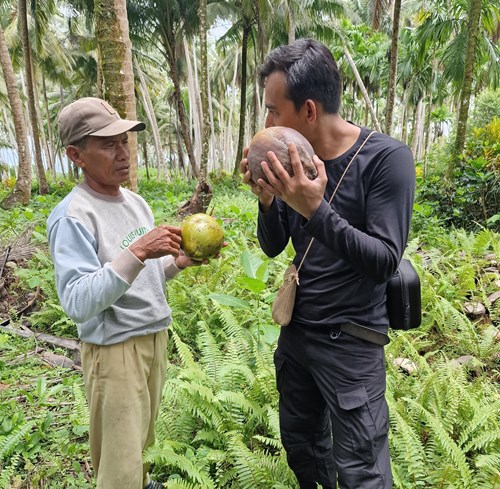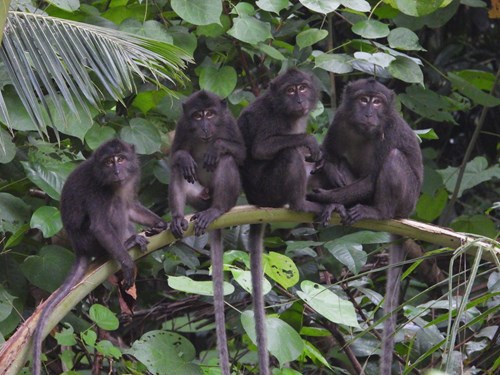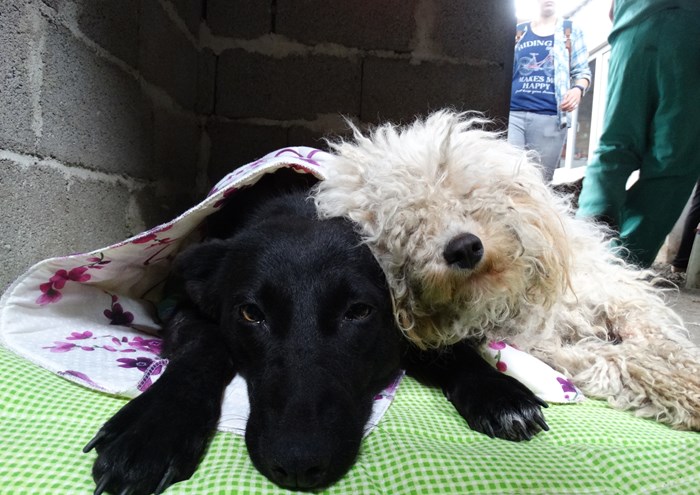
Enough Coconuts for Everyone

As the macaques’ natural habitats gradually shrink, they are forced to move into inhabited areas. The macaques are fond of eating coconuts, which explains why they enter coconut plantations – to the great dismay of plantation owners who defend their harvest. In this project people from The LongTailed Macaque Project (LTM Project) and local Indonesian experts will engage in a dialogue with plantation owners to find viable solutions to the conflict. The objective is to enable the macaques and coconut plantation owners to co-exist without exposing macaques to poisoning, mutilation or capture and being sold into captivity.

Involving the local community
"Before we can fix anything, we need to find out what’s broken. That’s why we listen to everyone involved, study the plantation’s workflows and find examples of areas where interaction between macaques and people works well. We involve local residents in finding solutions and support them in starting up local initiatives. They’re the ones who have to maintain and continue the initiatives in the long term, so we’ll never succeed without their acceptance and commitment,” said Nadja Ramseyer Krog, Director, The Long-Tailed Macaque Project.
Accordingly, a key element of the project is to explore potential start-up initiatives that enable plantation owners to earn money from letting the macaques live and turning their presence into something positive. This is not an isolated project, as the LTM Project’s partners are working to restore the natural habitats of long-tailed macaques.
It is being started up on the Indonesian island of Simeulue, but if the right model is developed, it will have great potential because of the large number of coconut plantations in Southeast Asia.

About the Long-Tailed Macaque Project
The Long-Tailed Macaque Project is a Danish organisation that works to maintain and improve the living conditions of the long-tailed macaque. Until recently, the species was overlooked despite the fact that it faces grave threats such as being sold to the pet and online abuse industry and the pharmaceutical industry as well as the loss of habitats. The Long-Tailed Macaque Project was started by Malene Friis Hansen, PhD, and professor Augustin Fuentes in 2021. They now have two employees and more than 90 partners all over the world.



